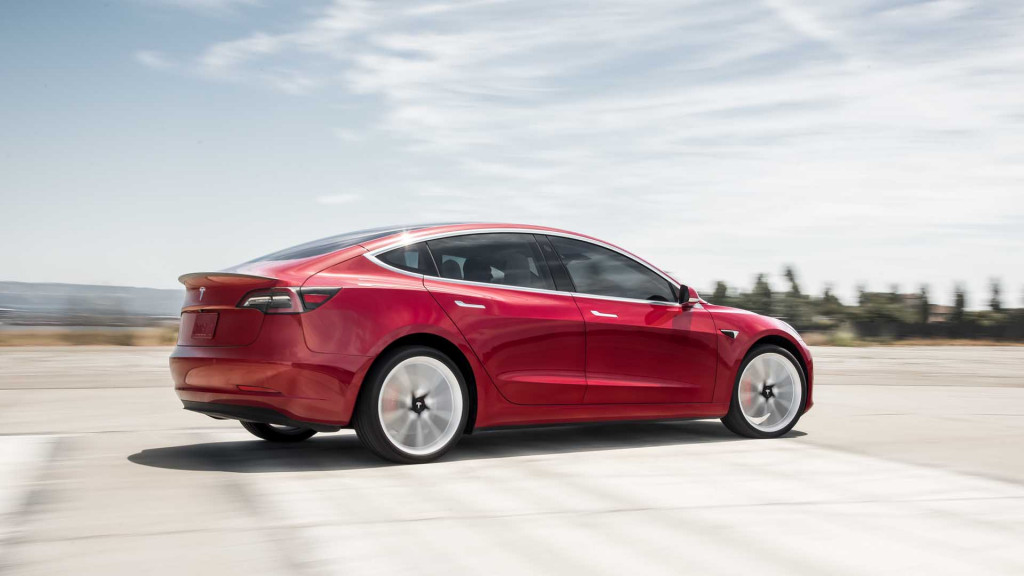The longevity of the Model S proves that Tesla was well ahead of other automakers when the electric luxury car launched almost eight years ago. A teardown indicates the Tesla Model 3 may maintain its tech advantage for a similarly long time.
The electronics in the Model 3 are six years ahead of Toyota and Volkswagen, Nikkei Business Publications (via InsideEVs) declared after tearing one of the cars apart.
The main reason for this, according to Nikkei, is Tesla's "full self-driving computer."
Also known as "Hardware 3," the computer controls both driver aids and the in-car infotainment system, using chips designed by Tesla.
CEO Elon Musk confirmed that Tesla was designing chips in 2017, and they entered production in 2019.
It's not just the self-driving potential, though. A computer platform like this, rather than the series of discrete control units used in most cars from other automakers, is better equipped to handle the massive amount of data modern automotive electronics generate, according to Nikkei.
Established automakers haven't adopted Tesla's more streamlined approach because they are still beholden to networks of suppliers for individual components, according to Nikkei.

2020 Tesla Model 3
Relationships with suppliers have been cultivated over decades, and can't be easily shaken off. In contrast, Tesla is a relatively young company that has had the freedom to bring component design in-house, according to Nikkei.
"Most parts inside the Model 3 do not bear the name of a supplier," Nikkei said.
Following Tesla's lead on this will require other automakers to essentially upend their business models, which currently rely heavily on suppliers to develop many components in each new car.
In an extreme example, large chunks of the Chevrolet Bolt EV, including the battery cells, infotainment system, and some powertrain components, were developed by LG.
Automakers typically do this to cut costs, costs Tesla must shoulder with this go-it-alone approach.
But it also gives Tesla more flexibility, including the ability to update hardware in older cars, something that likely wouldn't be possible in a car with a more conventional electrical architecture, with components from a wide range of suppliers.
